The growth potential of the aftermarket segment is undisputed. Prateek Pardeshi gets in touch with the community to understand the grass root challenges.
The aftermarket segment has continued its upward trajectory. Valued at an estimated Rs.42,007 crore, the segment registered an eight per cent growth. The fiscal (FY23) gone by has given the stakeholders of the organised industry good momentum to carry into the next fiscal (FY24). The largely unorganised segment, albeit, has the smaller stakeholders tackling challenges.
Profitability a challenge
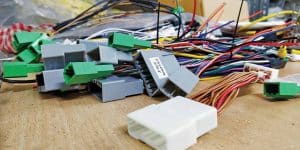 R. B. Electronics from Mumbai is thriving hard to turn profitable. Today the turnover is pegged at Rs.200 lakh (purchase of Rs.80 lakh and sale of Rs.120 lakh). The revenue gets further eroded by fixed expenses. That leaves room for profitability at an estimated 25 per cent. Founder, Rambriskh Yadav, informed, “The heavy reliance on semiconductors has translated to heavy losses. He explained, “We are heavily dependant on imports and have to shell out heavy taxes in the range of 18-28 per cent”. The reversal of import duty and higher local procurement is crucial, he opined.
R. B. Electronics from Mumbai is thriving hard to turn profitable. Today the turnover is pegged at Rs.200 lakh (purchase of Rs.80 lakh and sale of Rs.120 lakh). The revenue gets further eroded by fixed expenses. That leaves room for profitability at an estimated 25 per cent. Founder, Rambriskh Yadav, informed, “The heavy reliance on semiconductors has translated to heavy losses. He explained, “We are heavily dependant on imports and have to shell out heavy taxes in the range of 18-28 per cent”. The reversal of import duty and higher local procurement is crucial, he opined.
He urged the government for policy interventions that impact not only the bigger players but smaller stakeholders like itself. The controller is a spare part and not a finished product, but still, the government imposes 28 per cent as an import duty, he said. Of the opinion that if the government were to encourage the local production of controllers and then levy a 30 per cent tax, it would be more feasible. He urged the government to extend support and reverse the heavy taxes eating into profitability. This in turn would help bring down finished goods prices.
Brick and mortar versus online
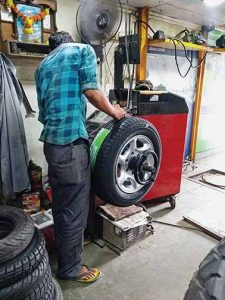 Tyres are required to be changed every 40,000 km on an average. A local vendor, Mohandas Govind, owner of Janta Tyres, based in Mumbai has been in the business for nearly three decades. A multi-brand shop dealing in Michelin, Bridgestone, and MRF, tyres among other major brands, he explained that the inventory levels were a factor of customer demand. He claimed that a majority of tyre manufacturers give disproportionate incentives in return for business generated by a distributor as another challenge. Informing that in the case of passenger cars, retreading had lost sheen and customers today preferred only used tyres subject to the wear and tear. Retreading albeit is still popular in the case of commercial vehicles, he asserted.
Tyres are required to be changed every 40,000 km on an average. A local vendor, Mohandas Govind, owner of Janta Tyres, based in Mumbai has been in the business for nearly three decades. A multi-brand shop dealing in Michelin, Bridgestone, and MRF, tyres among other major brands, he explained that the inventory levels were a factor of customer demand. He claimed that a majority of tyre manufacturers give disproportionate incentives in return for business generated by a distributor as another challenge. Informing that in the case of passenger cars, retreading had lost sheen and customers today preferred only used tyres subject to the wear and tear. Retreading albeit is still popular in the case of commercial vehicles, he asserted.
The lower margins of e-commerce continue to weigh down on the retail business. In the case of the latter, a major chunk of profit goes into labour wages and capital costs to set up bays for wheel balancing, and alignment. Alleging that in the case of the former (online), it was the dead stock being pushed and that the customers were shortchanged in comparison to the retail experience. “We have to deal with dead stock, the majority of which is sold at a lower price and other old tyres are sent back to the tyre manufacturer,” he explained. On the CapEx front, the cost of a wheel alignment and balancing setup sets us back by up to Rs.15 lakh, he claimed.
Localisation
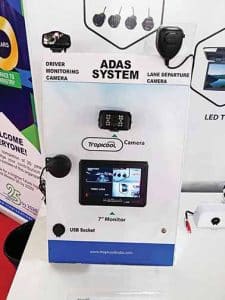 Moving beyond the B2C business hardships, the B2B companies have their own tale to tell. Tropicool Car Gadgets Pvt. Ltd. (Tropicool) is into safety products and other premium electronic components that are a high-margin business. “We manufacture a few components here and import a few components. One example is the rear camera. As OEMs are mandated to pay 28 per cent as import duty on a few components while for most of the other products we have to pay 18 per cent,” he seconded the popular opinion. Atul Pandure of Tropicool stated, “The energies are focused on reducing costs and improving operating margins.” The OEM with a manufacturing plant in Hinjewadi, Pune hopes for a far better FY24 though given the cyclical uptrends being witnessed at large. Hedging its losses by keeping a fairly diverse product portfolio, the clientele boasts of the likes of Daimler, Volvo, Tata Motors and the erstwhile Tata Marcopolo.
Moving beyond the B2C business hardships, the B2B companies have their own tale to tell. Tropicool Car Gadgets Pvt. Ltd. (Tropicool) is into safety products and other premium electronic components that are a high-margin business. “We manufacture a few components here and import a few components. One example is the rear camera. As OEMs are mandated to pay 28 per cent as import duty on a few components while for most of the other products we have to pay 18 per cent,” he seconded the popular opinion. Atul Pandure of Tropicool stated, “The energies are focused on reducing costs and improving operating margins.” The OEM with a manufacturing plant in Hinjewadi, Pune hopes for a far better FY24 though given the cyclical uptrends being witnessed at large. Hedging its losses by keeping a fairly diverse product portfolio, the clientele boasts of the likes of Daimler, Volvo, Tata Motors and the erstwhile Tata Marcopolo.
Aditi Tracking Support Pvt. Ltd. (Aditi Tracking) into telematics is yet to fully recover from the Covid-19 aftershocks. Bound by Non-Disclosure Agreements (NDAs) while the company cannot share its clientele, it is a leading aftermarket provider of ADAS kits with a product journey of eight years on average. Taking pride in distinguishing itself on aftersales service, it charges a premium in exchange. This is a sustenance strategy the company has adopted.
The complete production of devices is localised in India. Saajan Jain, of Aditi Tracking, said, “The journey to realise the profits entailed high wait periods. Cracking a deal with OEMs is a lengthy process, at times it almost takes one year or beyond.”
On EVs presenting an opportunity, Jain said it was early days with an up to two per cent penetration. In the short term, this won’t have a significant bearing on the revenues, he shared. Similarly, the export opportunity is yet to be realised by the company like many peers. ACI
Also, read JK Tyre unveils the complete range of EV-specific Smart Radial Tyres


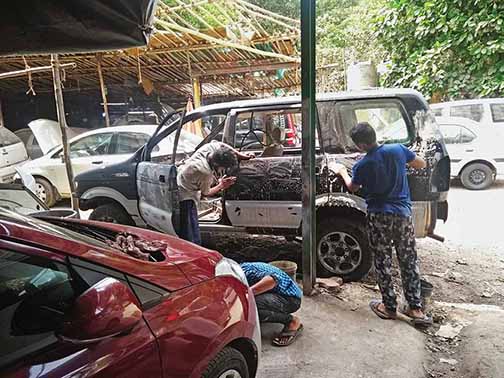
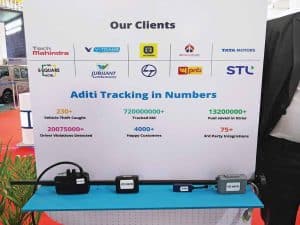



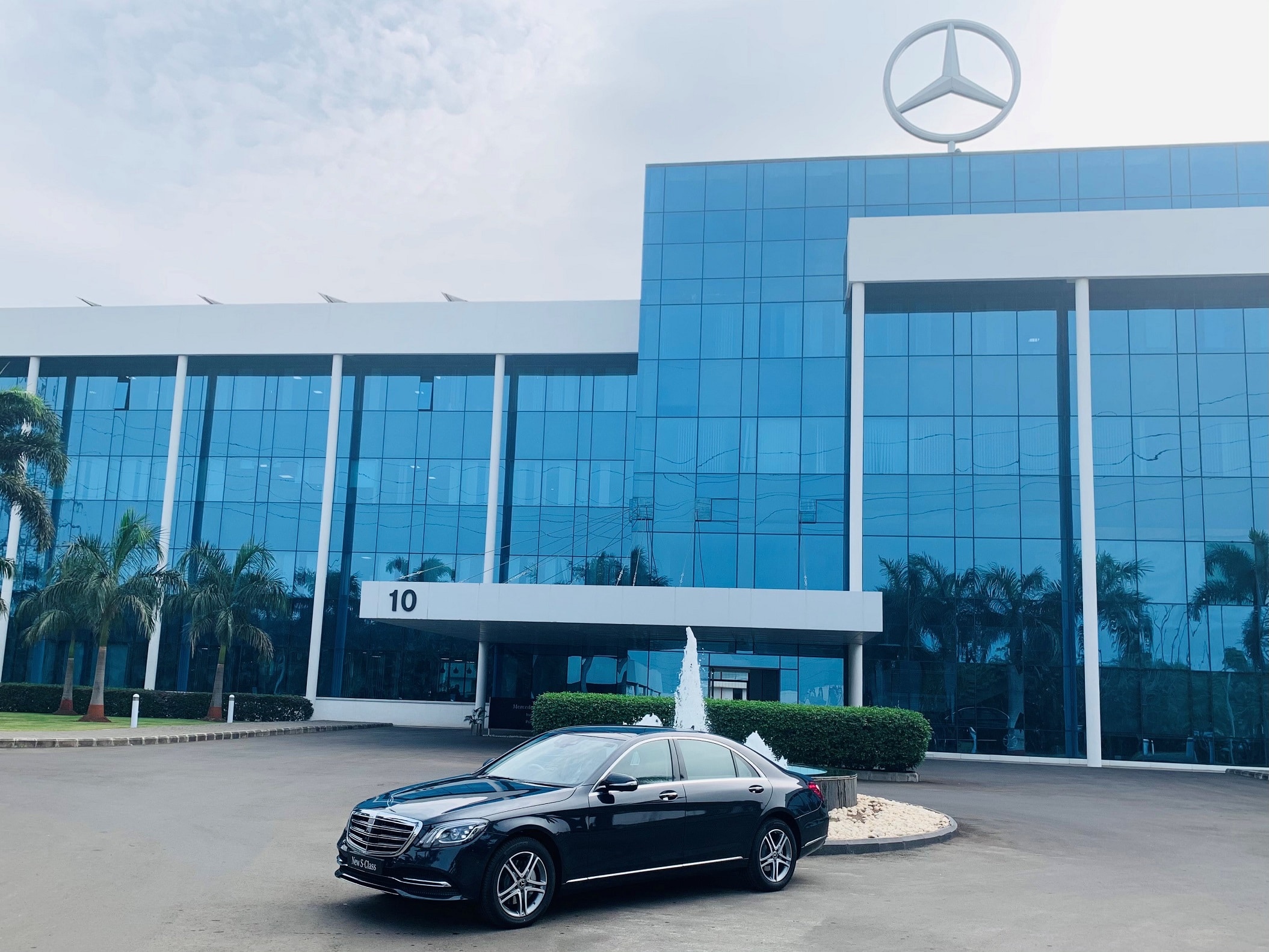
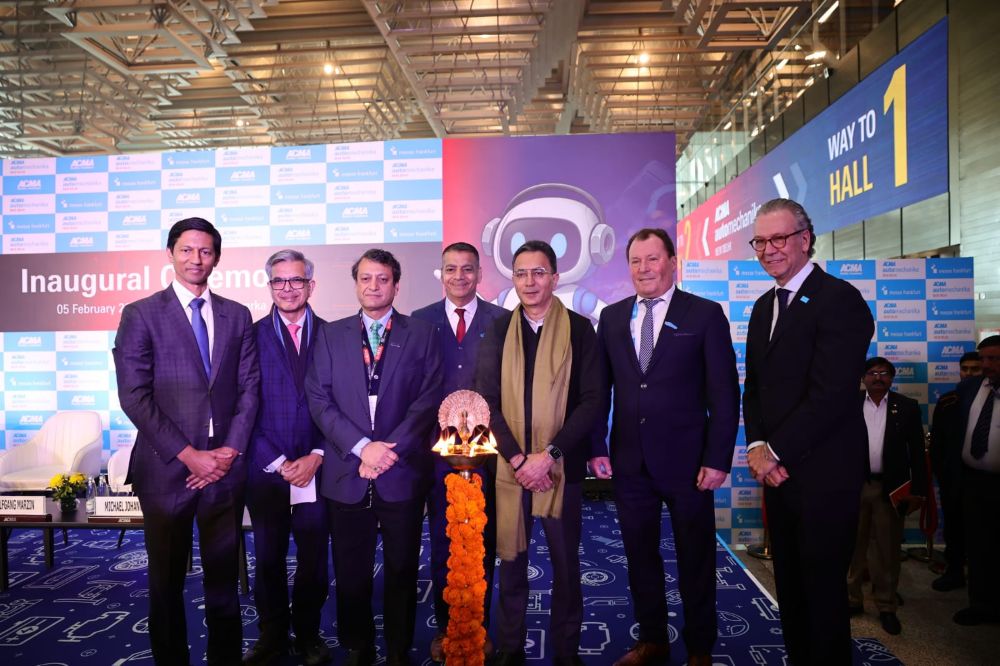
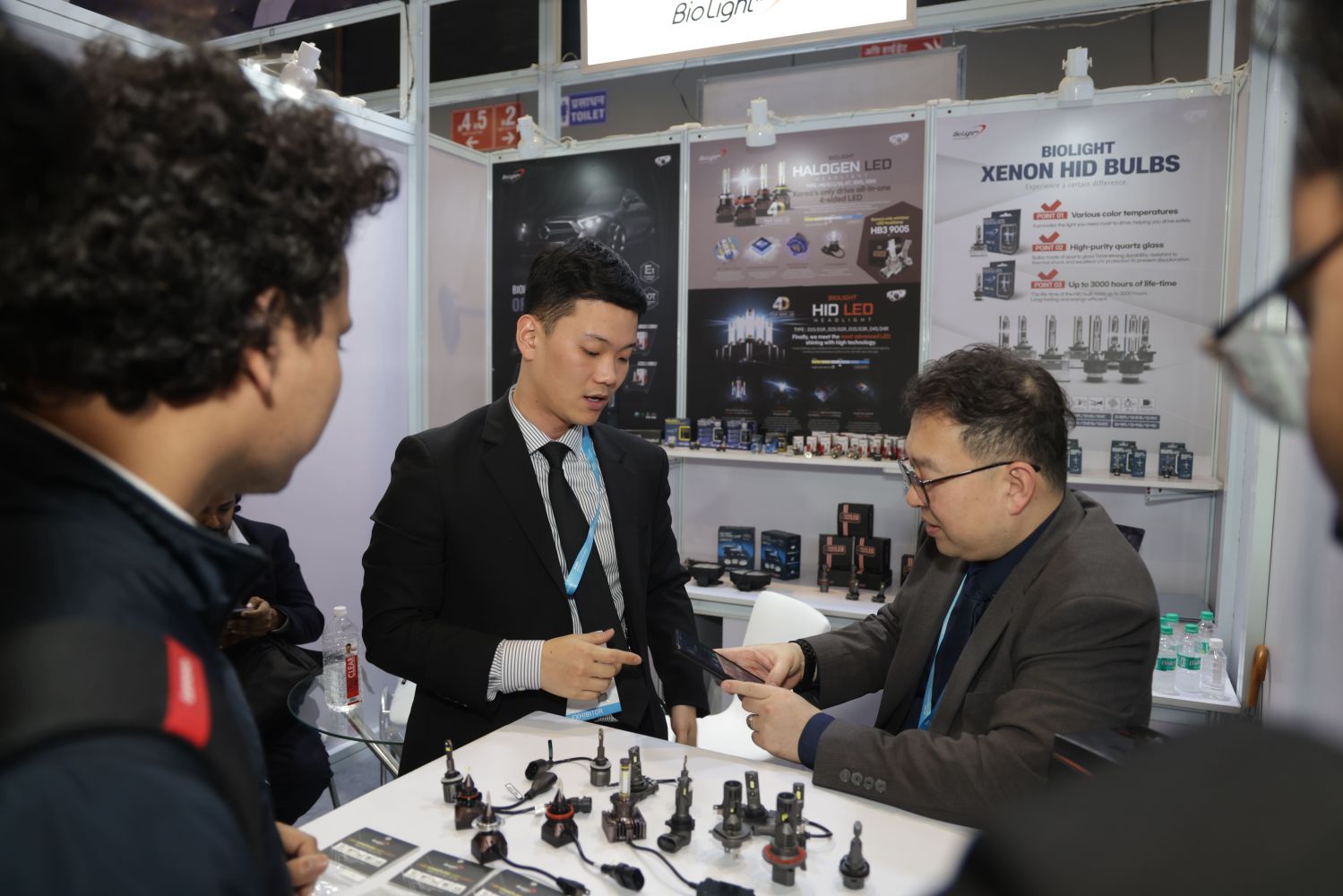
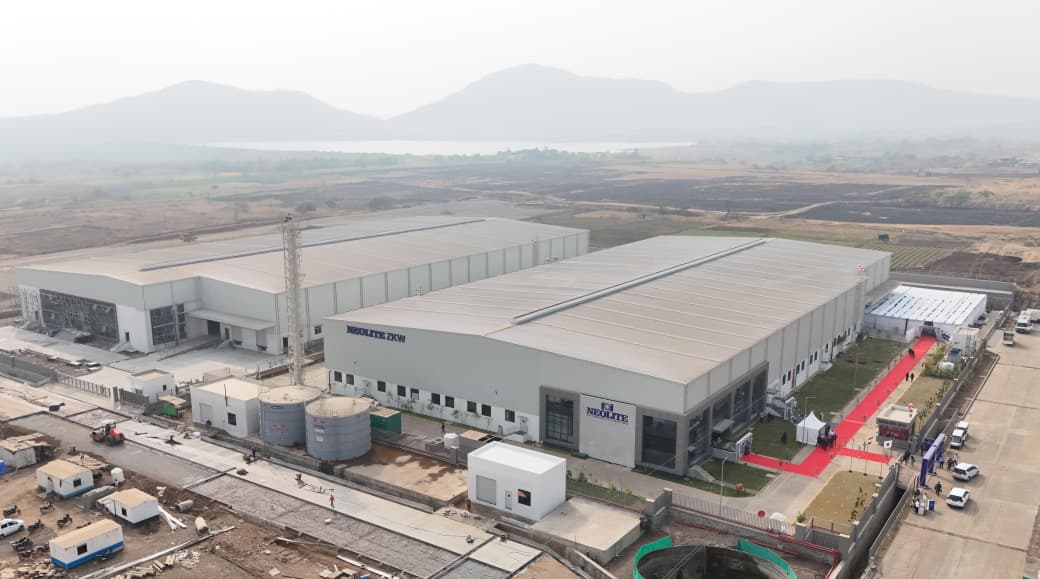
Leave a Reply